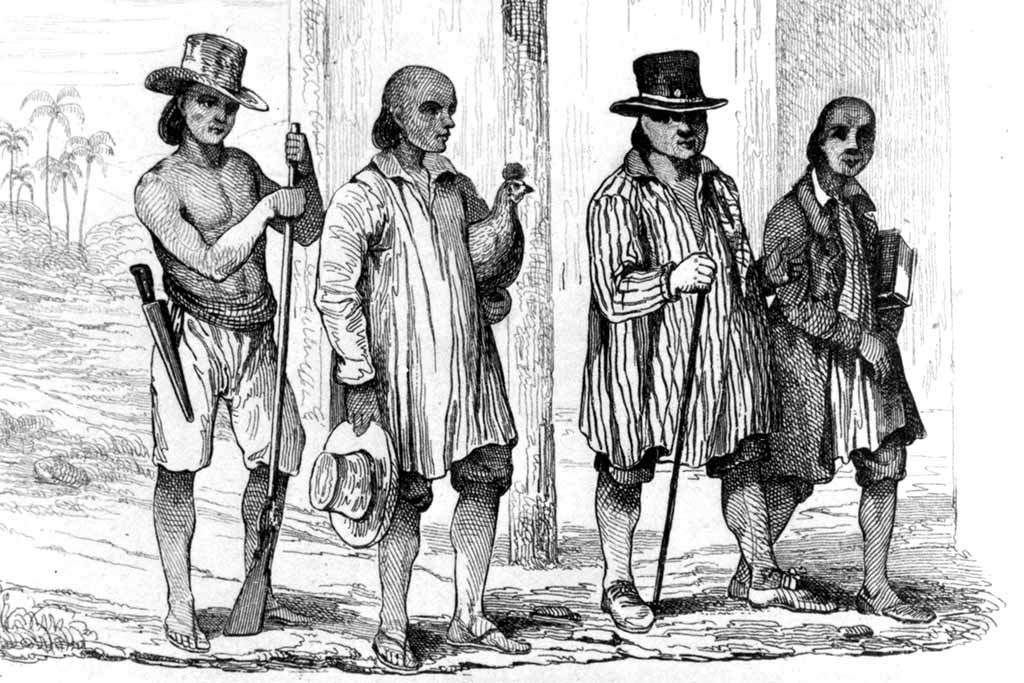Insulares

Spanish born in Insular areas
Insulares was the specific term given to criollos (full-blooded Spaniards born in the colonies) born in the Philippines or the Marianas. Insulares were part of the second highest racial class in Spanish hierarchy below the peninsulares, or full-blooded Spaniards born in Europe. They ranked above mestizos (a person of mixed Chamorro and Spanish parentage), native Filipinos, and Indios (native CHamorus of the Mariana Islands).
Though insulares were high in the racial caste system, the fact that they were born in the Philippines or the Marianas gave the term a negative connotation during the Spanish Era. The colonies were considered by peninsulares to be a “dumping ground for misfits and dregs of society” and to be born in such a place lowered their racial status.
According to Filipino scholar Dr. Domingo Abella, repeated intermarriage with the Filipinos or CHamorus, however resulted in indianization, rather than hispanization in both a physical as well as legal sense. As Spanish blood disappeared, so did all the privileges that came with it. Those who had any trace of indio blood, however, could never become the social equals of the pure-bloods. The pure-bloods always regarded the Spanish mestizos, along with the Chinese mestizos, as insulares.
Insulares was also used as a form of self-identification:
The term insular can be found as a way of self-identification on the side of a particular person. In the Marianas, CHamoru-Spanish mestizos could refer to themselves in certain official documents as Español Insular, meaning ‘Spaniard born in the islands’ or ‘son of the country.’
In the Mariana Islands, for administrative purposes, the Spanish racial hierarchy was as follows:
- Peninsulares (Spaniards born in Spain),
- Criolos or Insulars (Spaniards born in the Marianas or the Philipines),
- Mestizos (persons of both CHamoru and Spanish descent),
- Filipinos (persons native to the Philippine Islands), and;
- Indios (CHamorus)
By Chelsea M. San Nicolas and Chloe Babauta
For further reading
Abella, Domingo. “From Indio to Filipino.” Philippine Historical Review 4, (1971): 1-34.
Quimpo, Nathan Gilbert. “Colonial Name, Colonial Mentality and Ethnocentrism (Part One).” Solidarity Philippines Australia Network (SPAN), 2003.